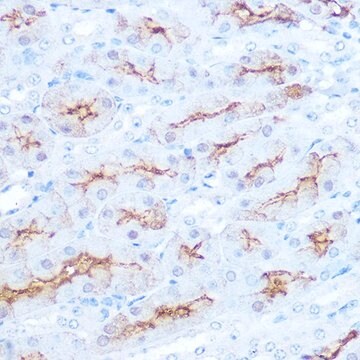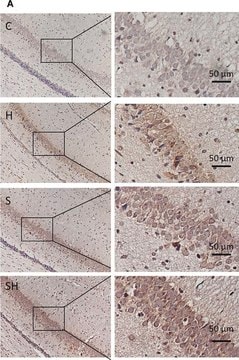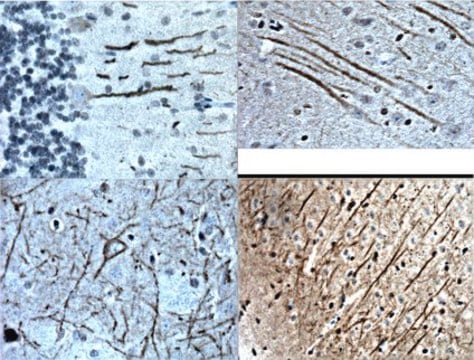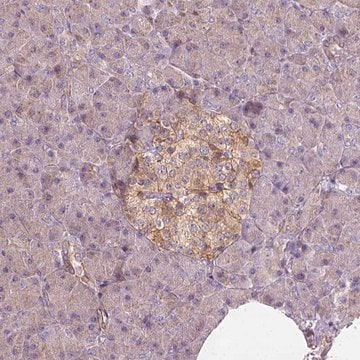33-016
PI 3-Kinase HTRF® Assay; 384 wells
The PI 3-Kinase HTRF Assay is a high-performance assay kit that provides a universal method for testing all Class I PI3-Kinases in a homogeneous format. This pack size has a screening capacity of 1 plate.
Synonym(s):
Assay for PI 3-Kinase, HTRF Assay, PI 3-Kinase Assay
Sign Into View Organizational & Contract Pricing
All Photos(1)
About This Item
UNSPSC Code:
12161503
eCl@ss:
32161000
NACRES:
NA.84
Recommended Products
Quality Level
species reactivity
human, mouse
manufacturer/tradename
HTRF®
Upstate®
technique(s)
activity assay: suitable (kinase)
NCBI accession no.
UniProt accession no.
detection method
fluorometric (HTRF)
shipped in
dry ice
Gene Information
human ... PIK3CA(5290)
Application
Used to detect/quantify: PI 3-Kinase
Biochem/physiol Actions
Target Sub-Family: PI3K/PI4K
Packaging
Kit capacity: 384 wells
Components
4X Reaction Buffer
PIP2 (Substrate; 1mM stock)
Stop Reagent A
Stop Reagent B
DM A Detection Reagent
DM B Detection Reagent
DM C Detection Reagent
PIP2 (Substrate; 1mM stock)
Stop Reagent A
Stop Reagent B
DM A Detection Reagent
DM B Detection Reagent
DM C Detection Reagent
Legal Information
HTRF is a registered trademark of Cis Bio International
UPSTATE is a registered trademark of Merck KGaA, Darmstadt, Germany
Disclaimer
Unless otherwise stated in our catalog or other company documentation accompanying the product(s), our products are intended for research use only and are not to be used for any other purpose, which includes but is not limited to, unauthorized commercial uses, in vitro diagnostic uses, ex vivo or in vivo therapeutic uses or any type of consumption or application to humans or animals.
Certificates of Analysis (COA)
Search for Certificates of Analysis (COA) by entering the products Lot/Batch Number. Lot and Batch Numbers can be found on a product’s label following the words ‘Lot’ or ‘Batch’.
Already Own This Product?
Find documentation for the products that you have recently purchased in the Document Library.
James M J Dickson et al.
Bioscience reports, 33(6) (2013-08-24)
NTT (N-terminal tags) on the catalytic (p110) sub-unit of PI 3-K (phosphoinositol 3-kinase) have previously been shown to increase cell signalling and oncogenic transformation. Here we test the impact of an NT (N-terminal) His-tag on in vitro lipid and protein
Christina M Buchanan et al.
PloS one, 8(8), e71337-e71337 (2013-08-13)
In addition to lipid kinase activity, the class-I PI 3-kinases also function as protein kinases targeting regulatory autophosphorylation sites and exogenous substrates. The latter include a recently identified regulatory phosphorylation of the GM-CSF/IL-3 βc receptor contributing to survival of acute
Stephen Jamieson et al.
The Biochemical journal, 438(1), 53-62 (2011-06-15)
Genetic alterations in PI3K (phosphoinositide 3-kinase) signalling are common in cancer and include deletions in PTEN (phosphatase and tensin homologue deleted on chromosome 10), amplifications of PIK3CA and mutations in two distinct regions of the PIK3CA gene. This suggests drugs
Qin Li et al.
Toxicology research, 8(3), 353-360 (2019-06-05)
Qingkailing injection (QKLI) is a kind of multi-component traditional Chinese medicine injection. It has been widely used in clinical practice, but in recent years, it has caused more and more adverse reactions, mainly manifested as pseudo-allergic symptoms. To explore the
Our team of scientists has experience in all areas of research including Life Science, Material Science, Chemical Synthesis, Chromatography, Analytical and many others.
Contact Technical Service






